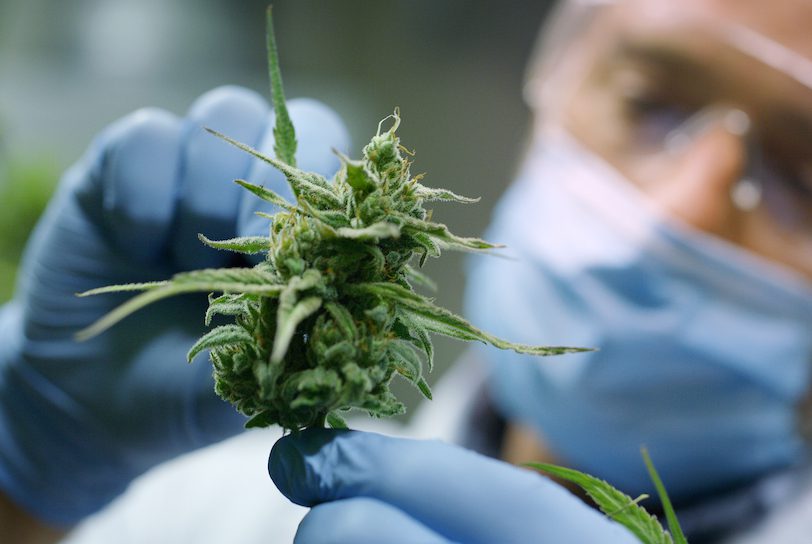The DEA is working on reclassifying cannabis as a less risky drug, which activists have been wanting for a long time. This change could make it easier to research marijuana's potential health benefits and develop cannabis-based medicines for conditions like advanced HIV, seizures, anxiety, anorexia, chronic pain, and more.
Currently, the DEA considers cannabis a Schedule I drug with no recognized medical use and a high potential for abuse, alongside drugs like heroin, LSD, and peyote. President Joe Biden's administration has asked the DEA to consider reclassifying it as a Schedule III drug with moderate to low potential for physical and psychological dependence, alongside drugs like low-dose codeine, ketamine, and anabolic steroids.
The reclassification must first be approved by the Office of Management and Budget and go through a public comment period. according to Vox. So, the reclassification process could take more than a year to complete and might be halted by Donald Trump if he defeats Biden in the upcoming November election.
Reclassification wouldn’t automatically make marijuana legal, but it could lead to reduced criminal penalties for the drug, eased financial regulations for cannabis businesses, and less strict research limitations for studying the drug's medical benefits. This increased research could help pharmaceutical companies develop treatments for various medical issues, such as inflammation, chronic pain, anxiety, and loss of appetite.
The FDA would need to approve these new products before they could be widely used. Some states with anti-cannabis laws might prevent their sale, causing residents to potentially travel out-of-state or smuggle the products into the state.
The classification of cannabis as a Schedule I drug has led to researchers being denied taxpayer funds to study its medical properties and has resulted in numerous legal hurdles for conducting studies. Despite this, 38 states have already granted access to medical marijuana.
In these states, various cannabis-based products such as edibles, liquid extracts, hash oil, and smokeable flowers are being marketed as treatments for different medical conditions. These items are not considered prescription medications yet, allowing companies to make somewhat unproven claims about their benefits and enabling anyone to buy them without a doctor's prescription, although some states offer discounts to registered medical cannabis users.
Researchers believe that the medical benefits of cannabis come from terpenes, which are natural chemical compounds in the drug. Terpenes, like THC and CBD, which are linked to the drug's psychological and physical effects respectively, impact the drug's smell, taste, and appearance. They are also thought to have subtle effects on muscles, nerves, and the brain—effects that will be better understood after decades of research restrictions.
The U.S. Congress made cannabis illegal in 1937, partly because of negative feelings towards Mexican job-seekers who were criticized for publicly smoking it during the Great Depression. In 1976, then-President Richard Nixon refused a congressional commission’s suggestion to make it not a crime. After that, a growing conservative anti-drug movement wanted to make the penalties for cannabis tougher, saying it was a “gateway drug” that made young people try more addictive substances.
During the AIDS epidemic of the 1980s and 1990s, LGBTQ+ activists campaigned for legalization as a way to treat the painful symptoms of advanced HIV. These days, cannabis legalization activists have fought for the drug to be descheduled rather than rescheduled, something that would mostly make it not a crime and put its sale and use under government regulation, like alcohol.









